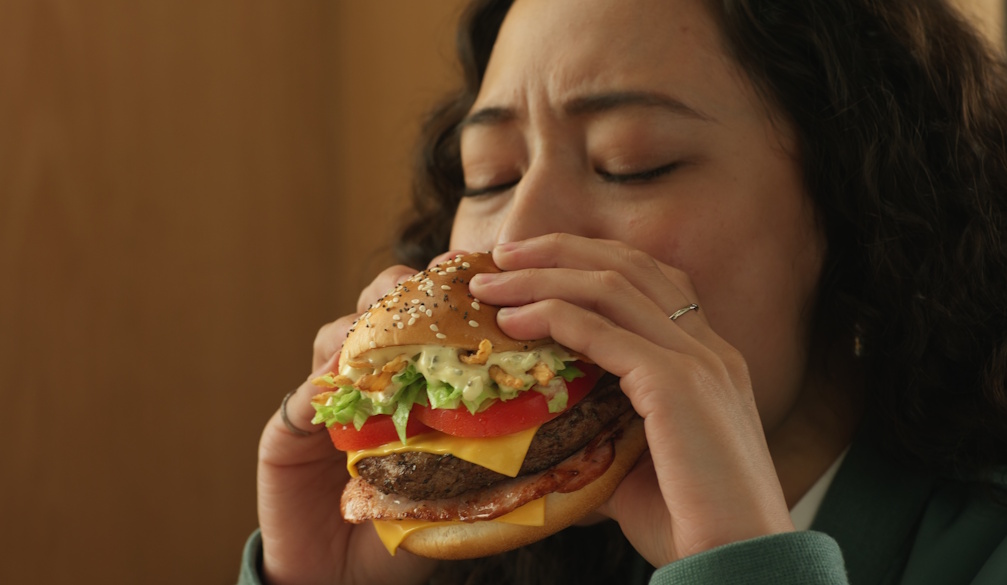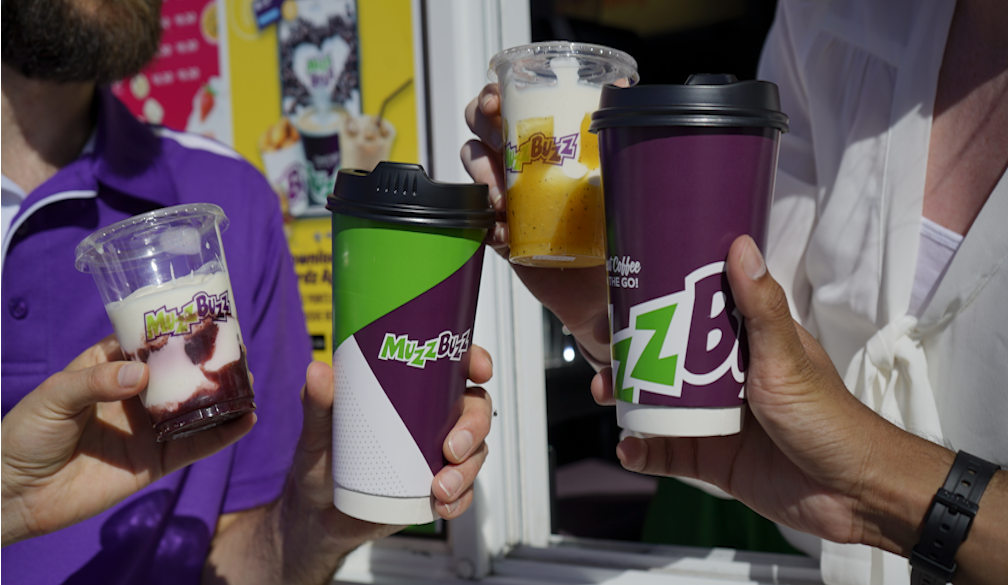Best and worst reactions from brands during the Covid-19 crisis
- Written by News Company

Covid-19 has forced attention onto the economy, as the crisis will inevitably have economic consequences. This will affect businesses as well, because they will need to be resilient to survive the recession, which makes their response to the crisis vital. Brands need to retain public support and some have done a better job of that than others.
Public perception
While the really big global brands are well-placed to survive the expected recession, they can still face longer-term financial consequences. Thus it is important that they get their messaging right and one that has failed to do that is Amazon. The online retail giant was recently ranked the third top brand in the world, according to research published by Interbrand, with the public perception being that it was relevant and responsive. This gave it a value of $125 million, but during the pandemic it has been tone deaf. It refused to allow its warehouse workers to stay at home, putting their health at risk, while billionaire owner Jeff Bezos attacked a relief fund set up for its employees. Amazon benefits from having no real rivals, but public perception of it may have shifted.
Other major brands have done better, with Apple – which was the top ranking name on the Interbrand list – making a $20 million donation to smaller businesses that are struggling to survive. Google has donated $25 million in ad credits to health organisations and state agencies dealing with the health crisis, while also setting up a free Covid-19 educational website. These are examples of major brands getting their pandemic PR right by making cash donations and providing useful resources.
An ethical response
What people want from brands is evidence that they care about the health and financial wellbeing of their employees. In the UK, major high street brands Sports Direct and Wetherspoons failed this test by attempting to force their workers to continue attending when the health risk was at its highest. These brands do not have the global strength or unassailable market dominance enjoyed by Amazon, so it will be interesting to see what effect this has on them when the retail and restaurant sectors start to re-open.
Rapid adjustment to ensure safety
Brands in other sectors have not been able to keep workers at home. This includes cargo firms and airlines that have been required to get items like masks and medical equipment to frontline workers. Brands in this situation need to demonstrate that they are protecting their staff – for example Dubai-based cargo logistics company DP World, which has made sure all of its 10,000 on-site employees are provided with masks and gloves and kept at a safe distance from each other. A swift and safety-first adaptation to the virus that protects workers is the best response.
Some brands have responded to Covid-19 better than others, but we will have to wait to see what effects their actions during the crisis will have on them.






















